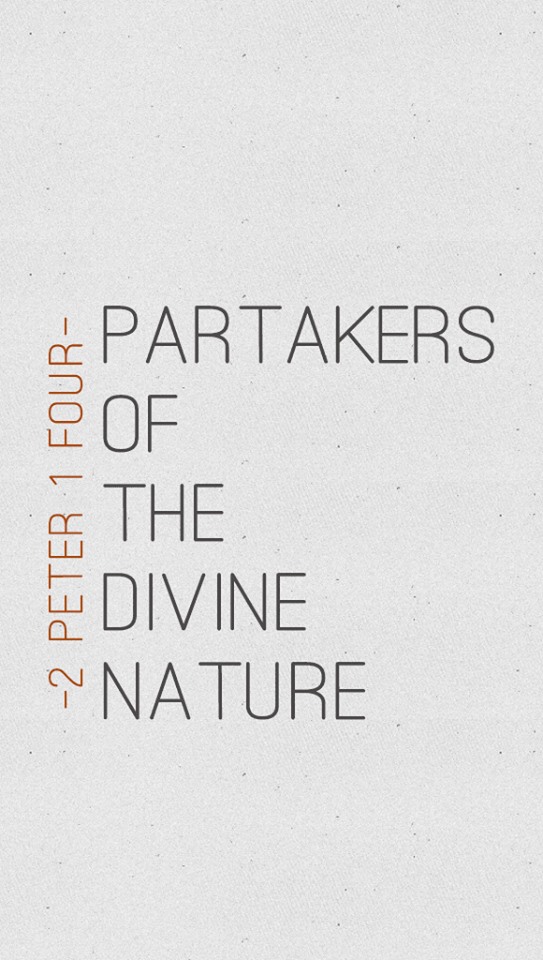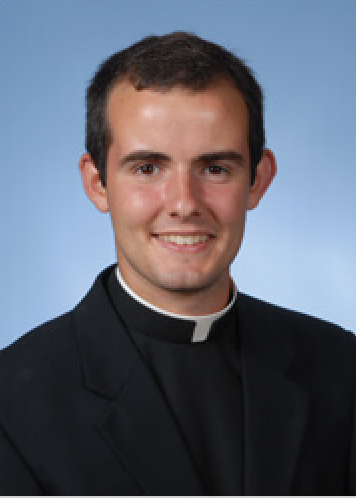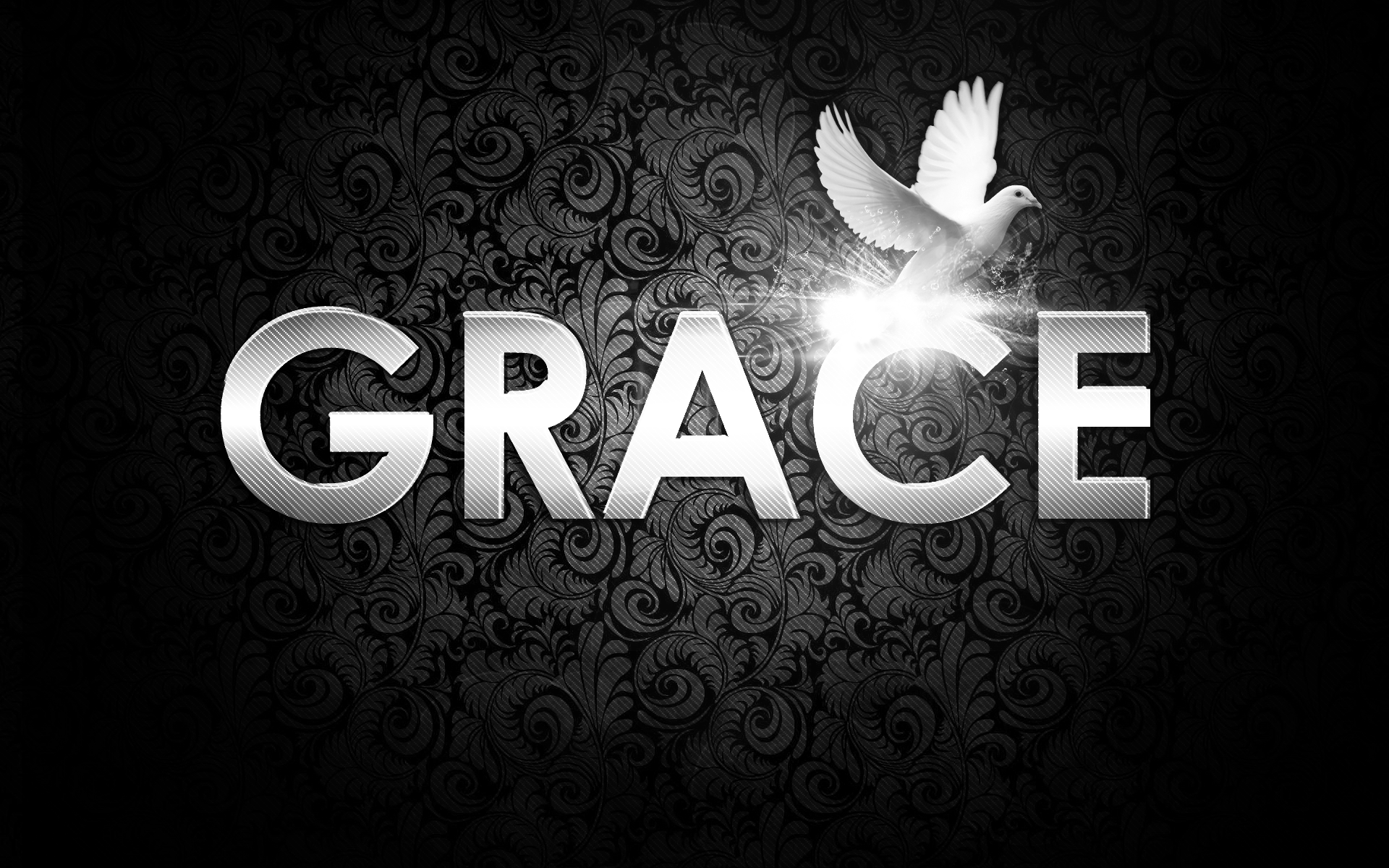
-by Carl Olson, Carl grew up in a Fundamentalist Protestant home and attended Briercrest Bible College, an Evangelical school in Saskatchewan, Canada. He and his wife, Heather, were married in 1994 and entered the Catholic Church together in 1997. Their conversion story appears in the book, Surprised By Truth 3 (Sophia Institute Press, 2002).
“This year marks the twentieth anniversary of my wife and me entering the Catholic Church from Evangelicalism. My upbringing skewed strongly toward the Fundamentalist end of the spectrum while hers was more mainstream Evangelical. Both of us were graduates of Evangelical Bible colleges, so we had a fairly in-depth understanding and experience of American Evangelicalism, which is a complicated and even bewildering world of denominations, para-church organizations, and movements.
My interest in apologetics started when I read works by C.S. Lewis, who played a significant role in our journey into the Church. Like so many other Evangelicals who “poped,” I worked through a wide range of questions about Mary, the saints, authority, the sacraments, purgatory, and Tradition. In fact, the very first article I ever had published was a detailed account of that search and study for This Rock (the predecessor to Catholic Answers Magazine), “Joining the Unsaved” (June 1998). The experience could be likened to being dropped into a huge and exotic forest and spending countless hours studying the flora and fauna, trying to grasp their curious and often surprising details.
During that time, I ended up writing a lengthy letter to my parents. In a way, it was like sending them a box with samples from the forest with a mixture of tree leaves, flowers, and rocks. A few years later, when I re-read the letter, I saw that my explanation of Catholicism, while still correct and on point—and there were many points—lacked a sense of the big picture. Although I was able to defend against the negative stereotypes and false concepts that good people like my parents were tossing at me, I did not and could not provide a positive, succinct picture of the essence of Catholicism.
Something was missing
This sense of incompleteness was especially strong when it came to the Church’s teaching about salvation. I knew the Church did not teach that our works alone save us, but I also knew that “faith without works is dead” (James 2:20). How so? I understood the importance of the sacraments; it was, after all, the reality of Jesus Christ in the Eucharist that drew my wife and me so powerfully to the Church. But, to continue the analogy, how did that fit into the bigger picture of the forest of Catholicism? In what way could the forest be brought into focus and best understood?
The answer is a word every Catholic needs to know: theosis. It is also known as deification, divinization, participation, and divine sonship. The essence of Christianity and the gospel is that the triune God, who is perfect communion, “in a plan of sheer goodness freely created man to make him share in his own blessed life” (Catechism of the Catholic Church 1). The Father desires to give us his actual life and make us, through the Son and in the power of the Holy Spirit, true children of God. “See what great love the Father has lavished on us,” states St. John, “that we should be called children of God! And that is what we are!” (1 John 3:1).
Now, as a young Evangelical Protestant I never questioned the doctrines of the Trinity and the Incarnation—but I also rarely contemplated in depth what those two great mysteries had to do with me. Sure, I knew God created me. I accepted that God became man. But these were more points of doctrine than realities to be contemplated and explored. And, to be fair and blunt, that says more about my own personal failings than it does about failings in Evangelical theology. When I finally began to grasp the startling truth of theosis, I began to see and understand the details of the forest in an even more vibrant and life-changing way.
Considering this, how do essential but often overlooked truths—the subject of a detailed book I co-edited with Fr. David Meconi, S.J.—help the apologist? Here are three basic ways:
Personal relationship
Most Fundamentalists and many Evangelicals see Catholicism as a religious system based on works, ritual, and “doing stuff.” What they don’t see, first, is that they themselves—for all the talk of a “personal relationship” with Christ—take part in a system based on works, ritual, and “doing stuff.” After all, they insist on the necessity of going to church, participating in some form of communal worship, doing good works, and so forth.
The heart of Catholicism is having a personal relationship with Christ. Yes, there is a lot of debate over whether or not Catholics should use such language, but to me it’s quite simple: the triune God, who is Creator of all, is perfect communion and love. He is relationship. And Jesus Christ, the incarnate Son of God, is one of three divine persons. So, yes, having a personal relationship with each person of the Trinity is the very essence of being a Catholic:
“O blessed light, O Trinity and first Unity!” God is eternal blessedness, undying life, unfading light. God is love: Father, Son and Holy Spirit. God freely wills to communicate the glory of His blessed life. Such is the “plan of His loving kindness,” conceived by the Father before the foundation of the world, in His beloved Son: “He destined us in love to be His sons” and “to be conformed to the image of His Son,” through “the spirit of sonship” (CCC 257).
Rules, rules, rules?
Catholicism, being deeply communal, familial, and covenantal, is never satisfied by a mere legal or juridical understanding of salvation. The irony is that the Fundamentalists and Evangelicals who insist that salvation is juridical and reflects a sort of divine courtroom denounce Catholicism for being impersonal and devoid of relationship. That’s absurd. As Catholics, we always understand that laws and rules are rooted in the familial, communal nature of God, because they orient us toward our final beatitude, by God’s grace.
The reality of grace
The biggest divide between Catholics and many Protestants is the nature of grace. “Grace,” as the Catechism so succinctly states, “is a participation in the life of God. It introduces us into the intimacy of Trinitarian life” (CCC 1997). This is why Catholics can say that the sacraments aren’t just symbols but signs that really accomplish, by the power of God’s grace, what they signify. We insist that we don’t receive bread at Holy Communion but the very body, blood, soul, and divinity of Christ.
Because we are filled, animated, and joined by the trinitarian life of God, we participate in the heavenly realities, being truly part of Christ’s body—not just in a metaphorical sense but in a way that is truly real.
If we are really “partakers of the divine nature” (2 Pet. 1:4), then our deeds are not the works of slaves trying to impress a master but the joyful works of sons and daughters on behalf our Father, joined to Christ our Savior, aided by the Holy Spirit our advocate. Catholicism, then, is not a religion of “works righteousness” but of righteous, holy children, growing even more righteous and holy as we continue to conform to the will and way of God. Understanding this theosis is a deeply biblical and traditional view of the dense forest of doctrine and spirituality should guide the apologist in debates and conversations.”
“The goal of a virtuous life is to become like God.” – St Gregory of Nyssa
Love,
Matthew






